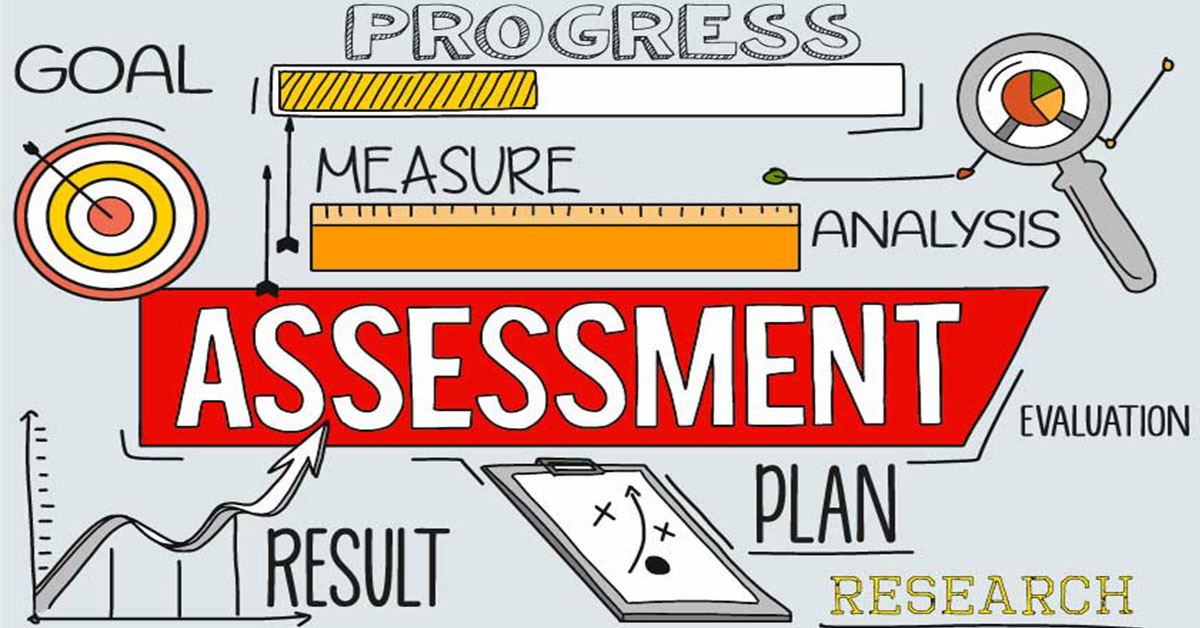 |
| (Source: https://www.ruralhealthinfo.org/topics/rural-health-research-assessment-evaluation : |
The Unit 8 "How do I assess Language Learning?" was all about assessment. In this, I learned about the types of assessments and compared these.
Diagnostic Assessment
| Formative assessment | Summative assessment |
This assessment is done at the beginning of the learning.
|
This assessment is used during the learning process.
|
This assessment comes at the end of the learning.
|
This is used to know about the strengths of the learner, to know their background knowledge, areas of improvement so that next steps can be taken.
|
This is used by teachers so that they can modify the teaching methodology and activities in order to improve the learner's performance.
|
This is used to understand and record the overall achievement of the learners.
|
This generally includes a set of written questions and can be graded.
|
This assessment is not graded and provides feedback on learning.
|
This assessment is graded and evaluates student against some benchmark.
|
Example: Background knowledge survey, ungraded quiz
|
Example: in class discussions, reflections, surveys.
|
Example: Standardized tests, final presentations.
|
I tried to compare the three types of assessments. Apart from this, I found a very good example while searching on the internet which describes the difference between Formative and Summative assessment.
"Paul Black (1998), who is often lauded as the forefather of these concepts, described the difference between these terms using the analogy of cooking. As a cook is making her soup, she occasionally tastes it to decide if it needs a bit more spices or ingredients. With each taste she is assessing her soup, and using that feedback to change or improve it - in other words, the cook is engaging in formative assessment. Once the soup is served to the customer, the customer tastes it and makes a final judgment about the quality of the soup – otherwise known as summative assessment."
Resources:
Teaching and Learning in higher education (n.d.). Assessment strategies. Retrieved from:
Brown, D. & Lee, H. (2015). Teaching by principles: An interactive approach to language pedagogy (4th ed. revised). Upper Saddle River: Pearson Education.
No comments:
Post a Comment